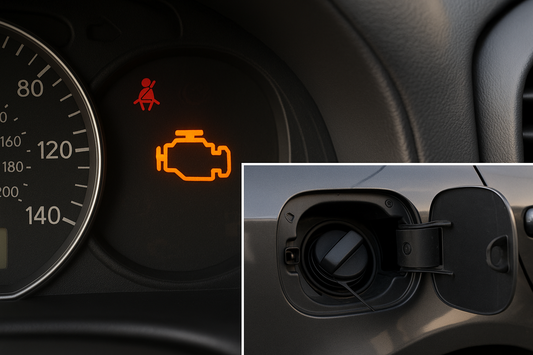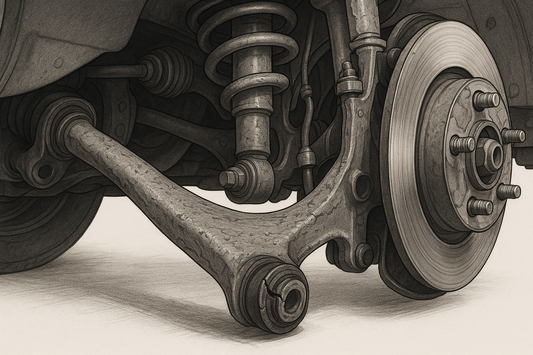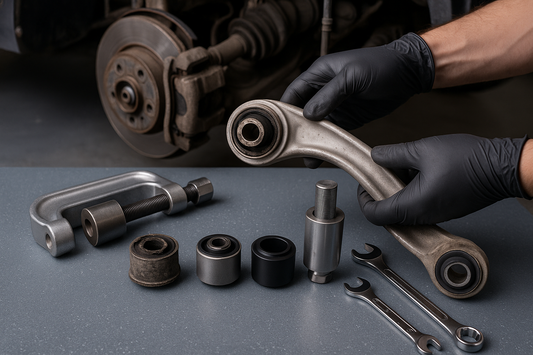Shock absorbers are an important part of a car's suspension system, responsible for absorbing road vibrations, improving ride comfort and enhancing vehicle control. However, if your shock absorbers aren't working properly, it can cause a variety of problems. In this article, we'll look at the symptoms that indicate possible damage to your shock absorbers.
Common symptoms of bad shock absorbers
Bumpy and Jittery Ride
If your car shock absorbers aren't working properly, you may notice a bumpy and jittery ride. Your car may feel unstable and wobbly when you drive over bumps or potholes in the road.
Control issues
Poor shock absorbers can affect your vehicle's handling. You may notice increased body roll, reduced responsiveness to steering inputs, and a general lack of stability when cornering or driving on uneven surfaces.
Braking and Steering Feedback
When your car shocks are damaged, you may feel greater feedback through the steering wheel and brake pedal. You may feel extra vibration or shaking when you apply the brakes or turn the steering wheel.
Excessive body sway
Bad shock absorbers can cause the vehicle to sway or lean excessively when cornering or driving on uneven roads. This can make the car feel unstable and unpredictable.
Noise and Vibration
You may notice increased noise and vibration from your suspension system, especially the shock absorbers themselves. This may be a sign of wear or damage.
Alignment issues
Bad car shocks can affect your vehicle's alignment. You may notice that your car is pulling to one side, or that the steering wheel is not straight when you park.

How to Diagnose Bad Shock Absorbers
If you notice any of these symptoms, be sure to have your shocks checked by a professional mechanic. A thorough inspection should include:
Visual inspection: The mechanic will inspect the shocks for any signs of damage, wear, or leaks. They will also check for any debris or foreign objects that might impede the operation of the shocks.
Functional Testing: Mechanics will test the shock absorbers by applying force to the suspension system and observing the shock absorber's response. This will help identify any problems with the shock absorber function.
Measurements: Mechanics can measure shock absorbers to ensure they meet specifications and operate within the correct parameters.
Diagnostic testing: If necessary, a mechanic can use specialized equipment to perform diagnostic testing on the shock absorbers or the vehicle's computer system to pinpoint any problems or malfunctions.
Bad shock absorbers can cause a variety of problems that affect your vehicle's performance, handling, and comfort. It's important to recognize the symptoms and have your shock absorbers checked by a professional mechanic as soon as possible. Regular maintenance and inspections can help ensure your shock absorbers are in good working order and keep your car performing at its best.










